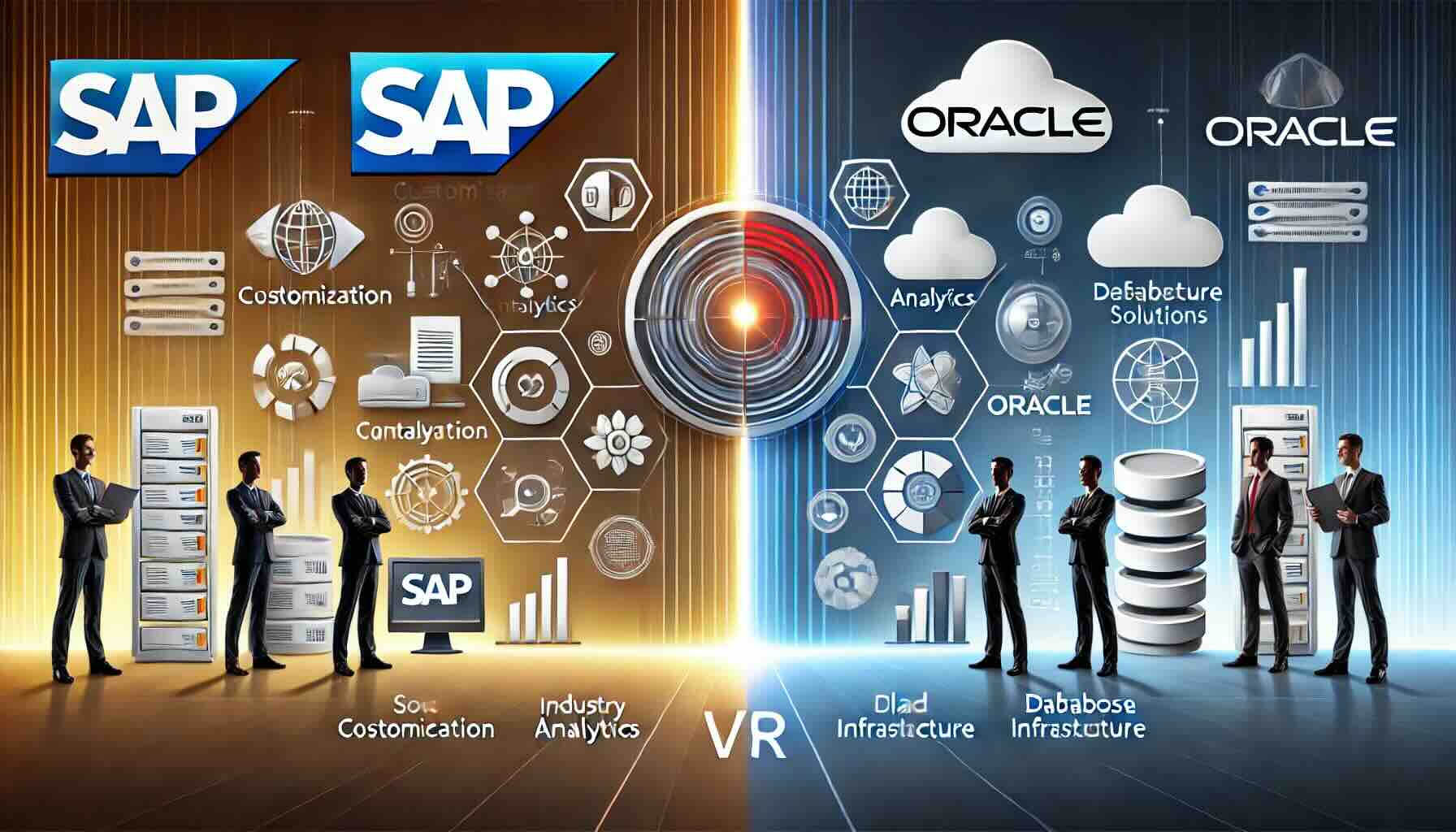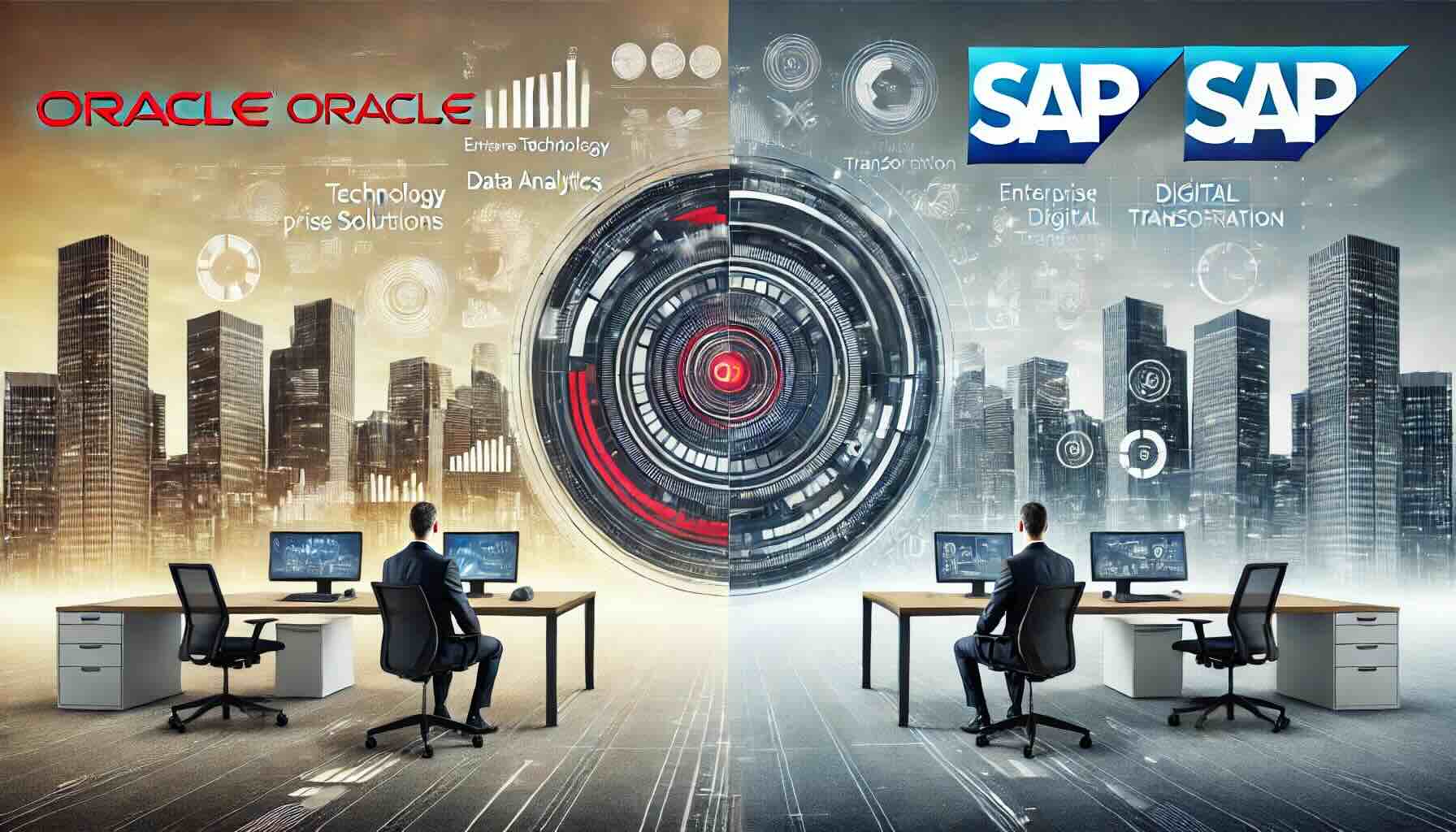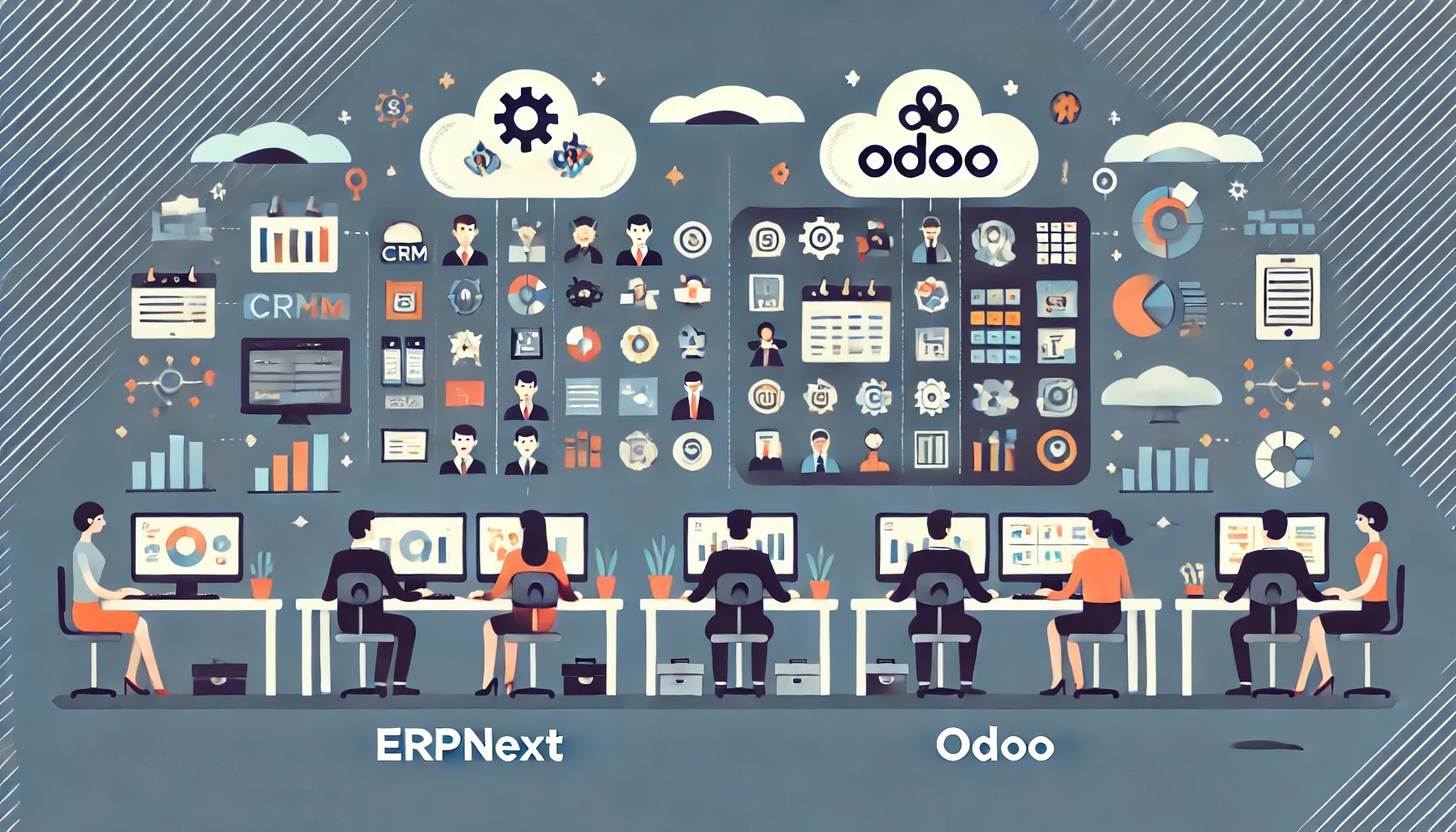Is Certinia a Good ERP for Consulting Businesses?

In the dynamic world of consulting, efficient management of projects, resources, and finances is crucial for success. Enterprise Resource Planning (ERP) systems play a vital role in integrating these processes, ensuring smooth operations and enhancing productivity. One such ERP solution is Certinia. But is Certinia a good ERP for consulting businesses? This blog will explore the strengths and weaknesses of Certinia ERP, helping you determine if it is the right fit for your consulting firm.
Strengths of Certinia for Consulting
- Project Management Excellence Certinia ERP excels in project management, a core requirement for consulting businesses. It provides robust tools for planning, scheduling, and tracking projects, ensuring that all aspects of a project are managed efficiently. The system allows for detailed project timelines, resource allocation, and progress tracking, which are crucial for meeting deadlines and staying within budget.
- Resource Management Effective resource management is essential for consulting firms to optimize their workforce and reduce downtime. Certinia offers comprehensive resource management features that help in tracking employee availability, skills, and assignments. This ensures that the right resources are allocated to the right projects, maximizing productivity and client satisfaction.
- Financial Management Certinia provides strong financial management capabilities, including budgeting, billing, and expense tracking. This is particularly beneficial for consulting businesses that need to manage multiple projects simultaneously. The system offers real-time financial insights, enabling firms to monitor project profitability and make informed financial decisions.
- Scalability and Flexibility Certinia is designed to scale with your business, making it suitable for both small consulting firms and large multinational consultancies. The system’s flexibility allows for customization to meet specific business needs, ensuring that it can adapt to the unique requirements of each consulting firm.
- Client Relationship Management (CRM) Certinia integrates CRM functionalities, which are crucial for maintaining strong client relationships. The system helps in managing client interactions, tracking sales opportunities, and maintaining detailed client records. This integration ensures that consulting firms can deliver personalized services and improve client retention.
Weaknesses of Certinia for Consulting
- High Implementation Costs One of the primary drawbacks of Certinia ERP is its high implementation cost. The initial setup, customization, and integration fees can be significant, which may be a barrier for smaller consulting firms with limited budgets. Ongoing maintenance and support costs can also add up over time.
- Complex Implementation Process Implementing Certinia can be complex and time-consuming, particularly for larger firms with extensive existing systems. The transition to a new ERP system requires careful planning, significant resources, and potentially, the assistance of external consultants. This complexity can delay the realization of benefits.
- User Training Requirements Due to its comprehensive features and capabilities, Certinia ERP has a steep learning curve. Extensive user training is necessary to ensure that employees can utilize the system effectively. This training can be time-consuming and may require additional resources, which can be challenging for smaller businesses.
- Customization Challenges While Certinia offers a high degree of flexibility, extensive customization may require additional time and financial investment. Businesses with specific and complex needs might incur higher costs to tailor the system to their exact requirements. Custom development and integration with other systems can also be resource-intensive.
- Support and Maintenance Adequate support and maintenance are crucial for the successful operation of any ERP system. Some users have reported that Certinia’s customer support can be slow to respond to issues. Additionally, while the system is regularly updated, these updates can sometimes cause disruptions or require additional adjustments, impacting day-to-day operations.
Conclusion
Certinia ERP offers a range of powerful tools that can significantly benefit consulting businesses. Its strengths in project management, resource management, financial management, scalability, flexibility, and CRM make it an attractive option for many firms in this sector. However, the system also presents challenges, such as high implementation costs, a complex implementation process, user training requirements, customization challenges, and potential support issues. Consulting firms must weigh these factors carefully against their specific needs and resources.
Ultimately, whether Certinia is the right choice for a consulting business depends on its size, budget, and operational requirements. By thoroughly evaluating these aspects and considering potential challenges, consulting firms can make an informed decision that aligns with their strategic goals and enhances their operational efficiency.
Click this link to find out more about Certinia for consulting.
To compare Certinia with 100s of other ERP solutions, you can use our new AI-powered Compare ERP tool. It’s free to use and you get a guaranteed discount on your first year’s licence fees with a referral from Compare ERP.









